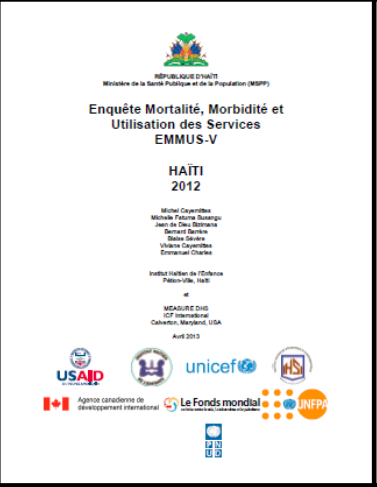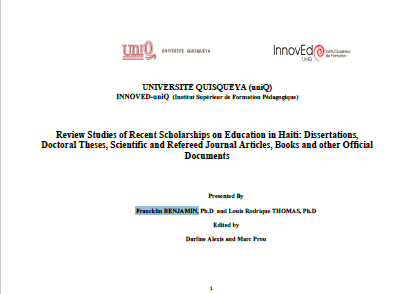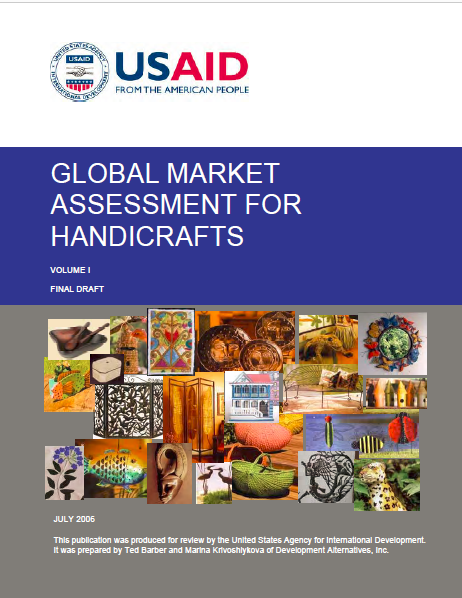The USAID Agroforestry Outreach Project (AOP) began In late 1981. One of its goals was to provide the Haitian farmer with an additional cash crop by encouraging him to grow trees in an agroforestry system. This would simultaneously reduce Haiti's soil losses and other environmental problems. One of the original concepts of AOP was to have a research component to support project needs. Although it was presumed that the Grantees (The Pan American Development Foundation PADFS, Operation Double Harvest *ODH$, and CARS) would undertake their own internal research programs, their planting and outreach programs consumed all of their available time and resources. By the time of the "aid AOP review, it had become apparent that an independent contractor was needed to design and Implement the necessary research. Thus, the University of Maine (U of M) was selected to conduct studies in the following areas: Traditional Haitian Agroforestry Systems, Silvicultural Studies, Nursery and Outplanting Techniques, Species Trials, Cost-benefit Analysis of Agroforestry Systems.










